“Look, are you serious? Are you real about this?” That question, according to Vice President J.D. Vance, was the essence of today’s phone call between his boss Donald Trump and Vladimir Putin. What Vance meant was to question whether Putin was serious about peace. But turning the question on its head would actually be far more revealing. Is Putin serious about winning the war? Absolutely. Is he real about fighting on until he achieves his goal of subjugating Ukraine? Also very much yes.
There’s a second way to flip the question, and that’s to ask, is Trump serious about pressuring Russia into ending the war? And the answer to that, sadly for the Ukrainians, seems to be resoundingly negative.
The most obvious sign that the two-hour phone call had not gone well for Kyiv was that Putin himself professed that the peace process was “generally on the right track,” according to a readout on RIA Novosti. The Kremlin professed the conversation “very informative and helpful” – but that Russia and Ukraine must agree on “compromises that suit both sides.” And anything that makes Putin happy is, pretty much necessarily, bad news for Ukraine’s hopes of ending the war with its political independence intact.
Donald Trump, too, professed to be happy with the call. “I believe it went very well,” Trump posted on social media. “Russia and Ukraine will immediately start negotiations toward a Ceasefire and, more importantly, an END to the War… The tone and spirit of the conversation were excellent.” However, in a crucial detail that will ring alarm bells in Kyiv, Trump also insisted that the details would be “negotiated between the two parties… because they know details of a negotiation that nobody else would be aware of.”
Trump couched his announcement as an upbeat call for peace talks to start, and name-checked a long list of European leaders and the new Pope Leo XIV whom he had “informed” of his call. But with Trump signaling that he is ready to hand over talks to Moscow and Kyiv, what many Ukrainians will hear is that the US is no longer interested in playing an active role, much less in applying serious pressure to compel Putin to compromise.
It is becoming increasingly clear that what Putin wants is not so much territory (though he has vowed to reach the boundaries of the four provinces he controls only partly) but rather political control over Ukraine’s strategic future. That, decoded, is the meaning of the Kremlin’s demands to address the “root causes” of the conflict. And as Putin’s negotiator made clear at recent talks in Istanbul in practice that means two key remands. One is “demilitarization” – i.e. restrictions on the size of Ukraine’s armed forces and limits on deployments of foreign troops there. The other is “denazification” – which means guarantees of the rights of Russian speakers and a reversal of a campaign to de-Sovietize street names and the memory of World War Two.
Or as Putin himself put it in a long TV documentary made to coincide with the 80th anniversary of Victory Day last week, the goal of his “special military operation” was “to eliminate the root causes of this crisis,” to “ensure the security of the Russian state” and to “protecting the interests of our people,” both in the occupied territories and inside Ukraine. Most chillingly, Putin vowed that Russia has “enough strength and resources to bring to a conclusion what began in 1922 to its logical conclusion.” That was a reference to drawing the borders of the Soviet Ukraine drawn up by Vladimir Lenin, which remain the international boundaries of modern Ukraine today.
Putin’s move from territorial to political demands makes the Trump-Putin dialogue very dangerous for Volodymir Zelensky. Kyiv fears Trump may buy into peace plans cooked up with Moscow – and try to force it on Ukraine as a way to get to a deal by any means necessary. Indeed, the Trump administration has signaled very clearly that it is keen to get the talking over as fast as possible.
“There’s fundamental mistrust between Russia and the West,” Vice President Vance told reporters in advance of the Trump-Putin phone call. “It’s one of the things the President thinks is frankly stupid, and we should be able to move beyond the mistakes that have been made in the past, but that takes two to tango. I know the President’s willing to do that, but if Russia’s not willing to do that, then we’re eventually just going to have to say, ‘This is not our war.’”
Having Washington walk away is an outcome that would suit Putin just fine – especially as Putin has become convinced that Ukraine’s other major allies, the Europeans, are fundamentally unserious and irresponsible. That’s an impression that recent rounds of empty European promises to escalate sanctions in a vain attempt to force the Kremlin into a ceasefire has only reinforced.
Furthermore, Putin is convinced not only that that the threats of new sanctions are empty but also that the war on the ground is going his way. Indeed Ukrainian MP Heorhiy Mazurashu (a member of Zelensky’s Servant of the People party) warned yesterday that a military collapse and a crisis in recruitment is taking a serious toll on Ukraine’s fighting ability. “The army is critically understaffed,” Heorhiy Mazurashu told Politika Strany. “We can hide your head in the sand and pretend that everything is fine, that we can keep chasing people into the army and this will solve the problem somehow, but… hope for hope’s sake won’t have any effect.”
At the same time there are signs that Putin is preparing a serious build-up of forces in Donbas in preparation for a summer push. So even if Trump’s exhortation to “Let the process begin!” comes true and Kremlin negotiators sit down with their Ukrainian counterparts for systematic talks, the work will be “painstaking and lengthy,” as Putin’s press secretary Dmitry Peskov put it. But in the meantime Putin will continue to pound Ukraine’s cities and grind on in Donbas – while the US takes a back seat to the whole mess.



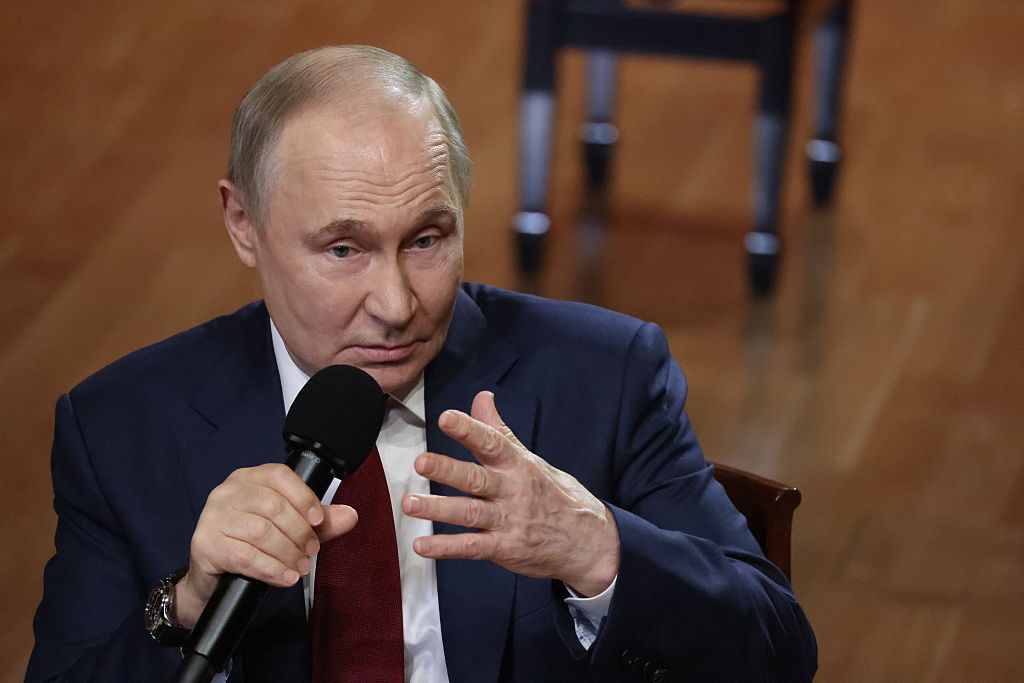






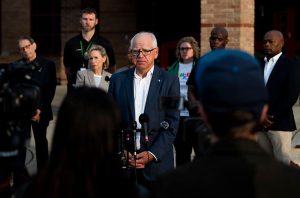




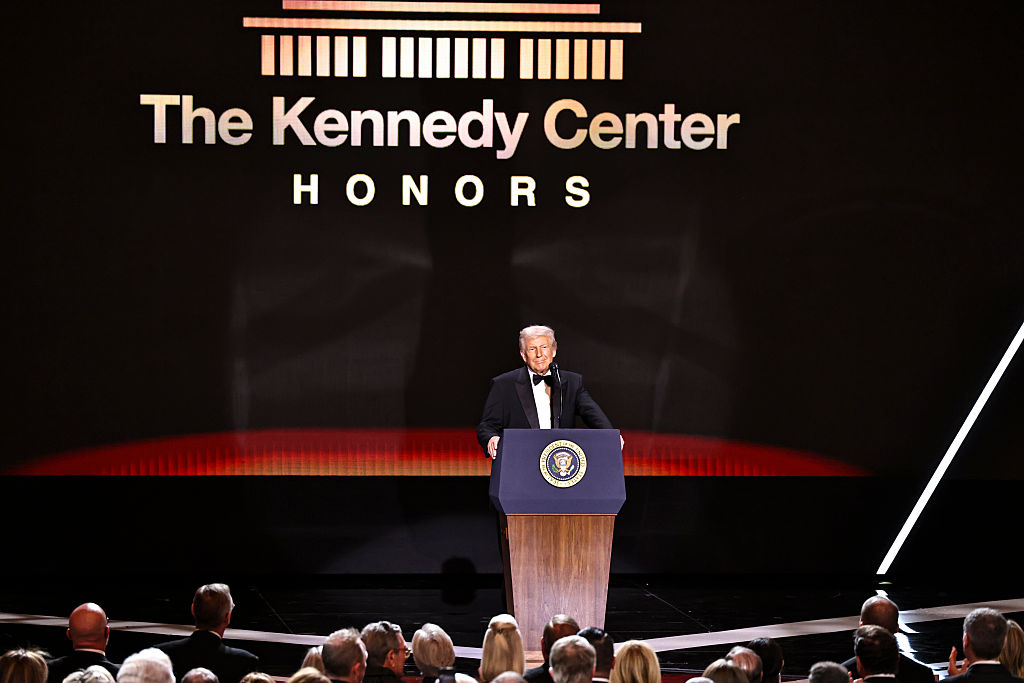

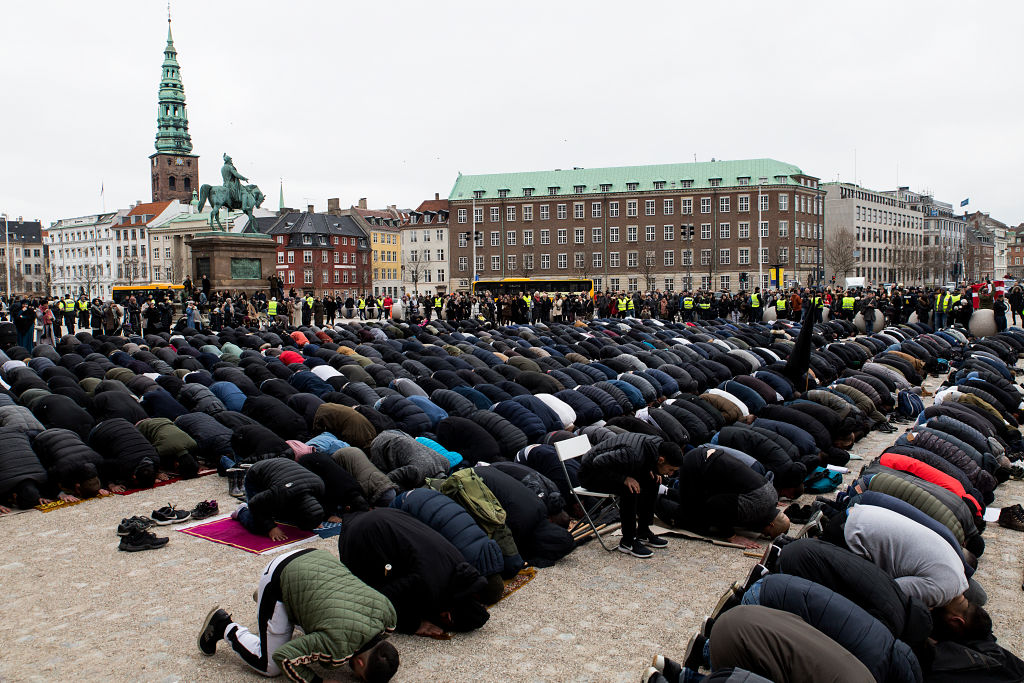
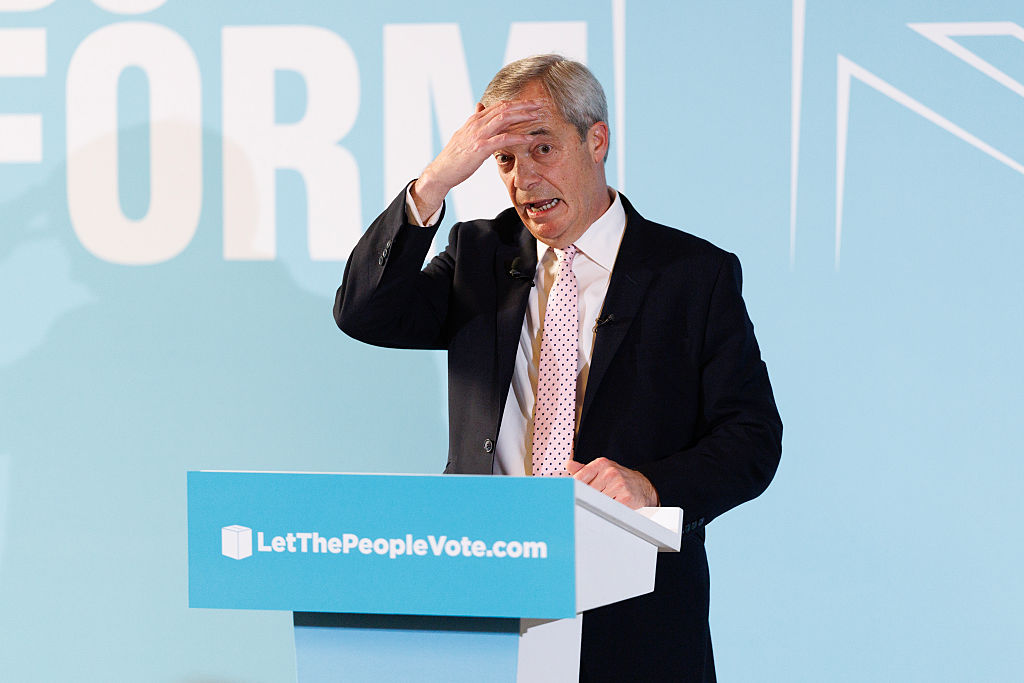







Leave a Reply